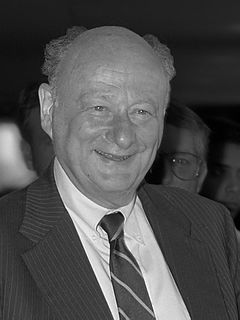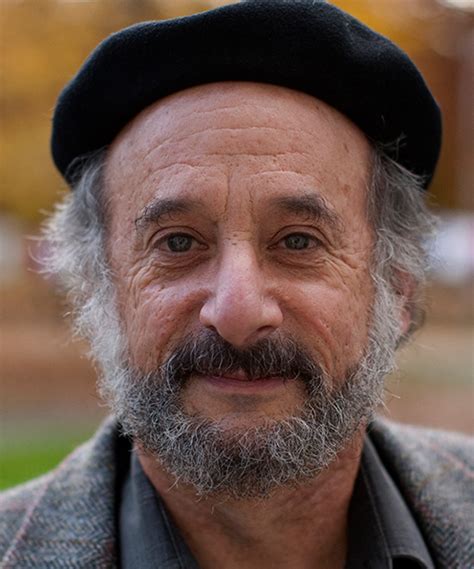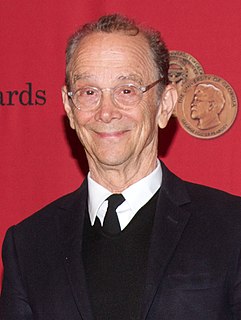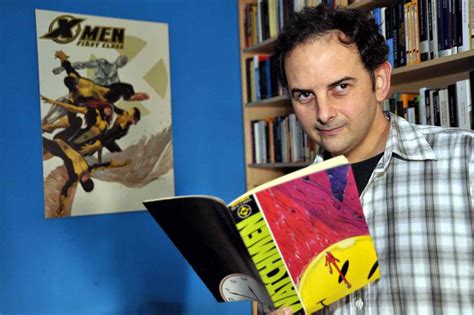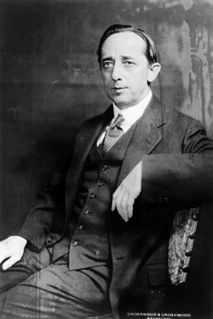A Quote by Oliver Harris
That rewriting of literary history is most obvious in the case of The Yage Letters, where I was able to show that the true history inverts the official one.
Related Quotes
The real invasion of South Vietnam which was directed largely against the rural society began directly in 1962 after many years of working through mercenaries and client groups. And that fact simply does not exist in official American history. There is no such event in American history as the attack on South Vietnam. That's gone. Of course, It is a part of real history. But it's not a part of official history.
What they teach you as history is mythology and true mythology is far from fantasy -- it is our true history. A bulk of our real history can be found in Egyptian and Greek mythology. Yes, myths reveal to us worlds of other dimensions that make up our true reality. History books teach us that the minds of the past operated on the same frequency, dimension, or level of consciousness as we do now. Not true at all.
Gunn would be an important figure-rewarding, delightful, accomplished, enduring-in the history of English-language poetry even were his life not as fascinating as it now seems; he would be an important figure in the history of gay writing and in the history of transatlantic literary relations even were his poetry not so good as it is. With his life as it was and his works as they are, he's an obvious candidate for a volume of retrospective and critical essays, and this one is first-rate.
There's a lot we should be able to learn from history. And yet history proves that we never do. In fact, the main lesson of history is that we never learn the lessons of history. This makes us look so stupid that few people care to read it. They'd rather not be reminded. Any good history book is mainly just a long list of mistakes, complete with names and dates. It's very embarrassing.




